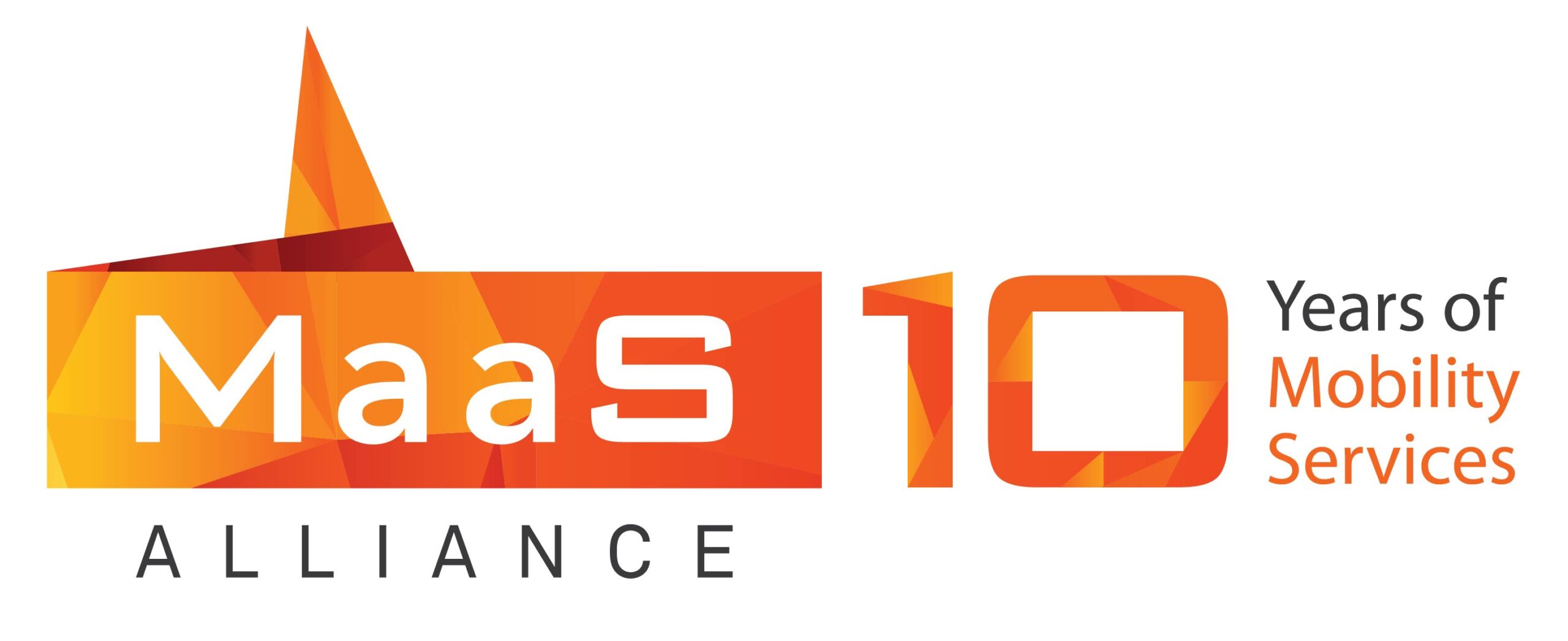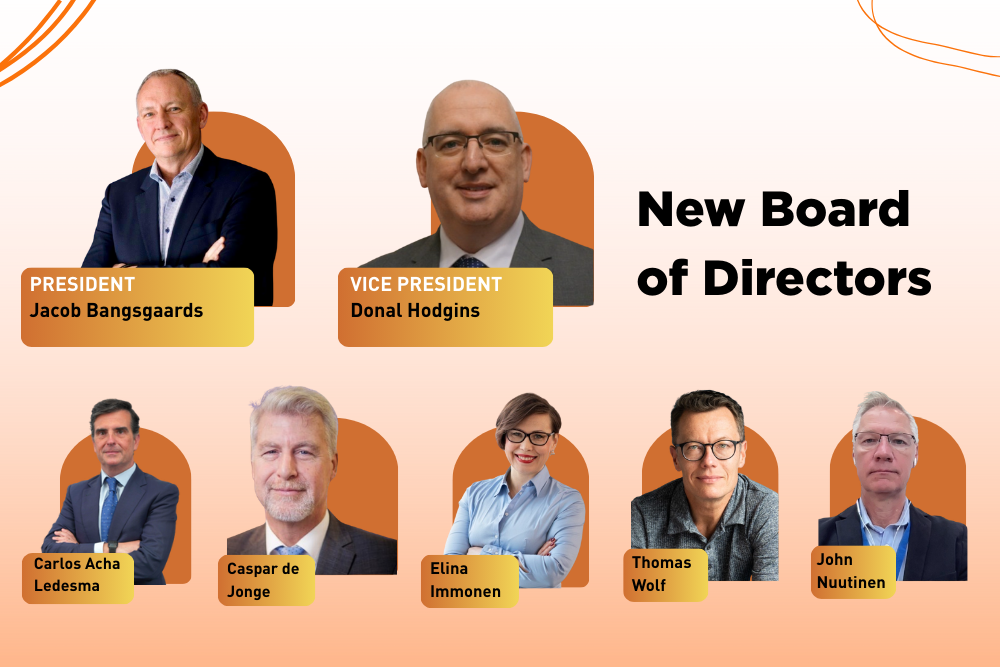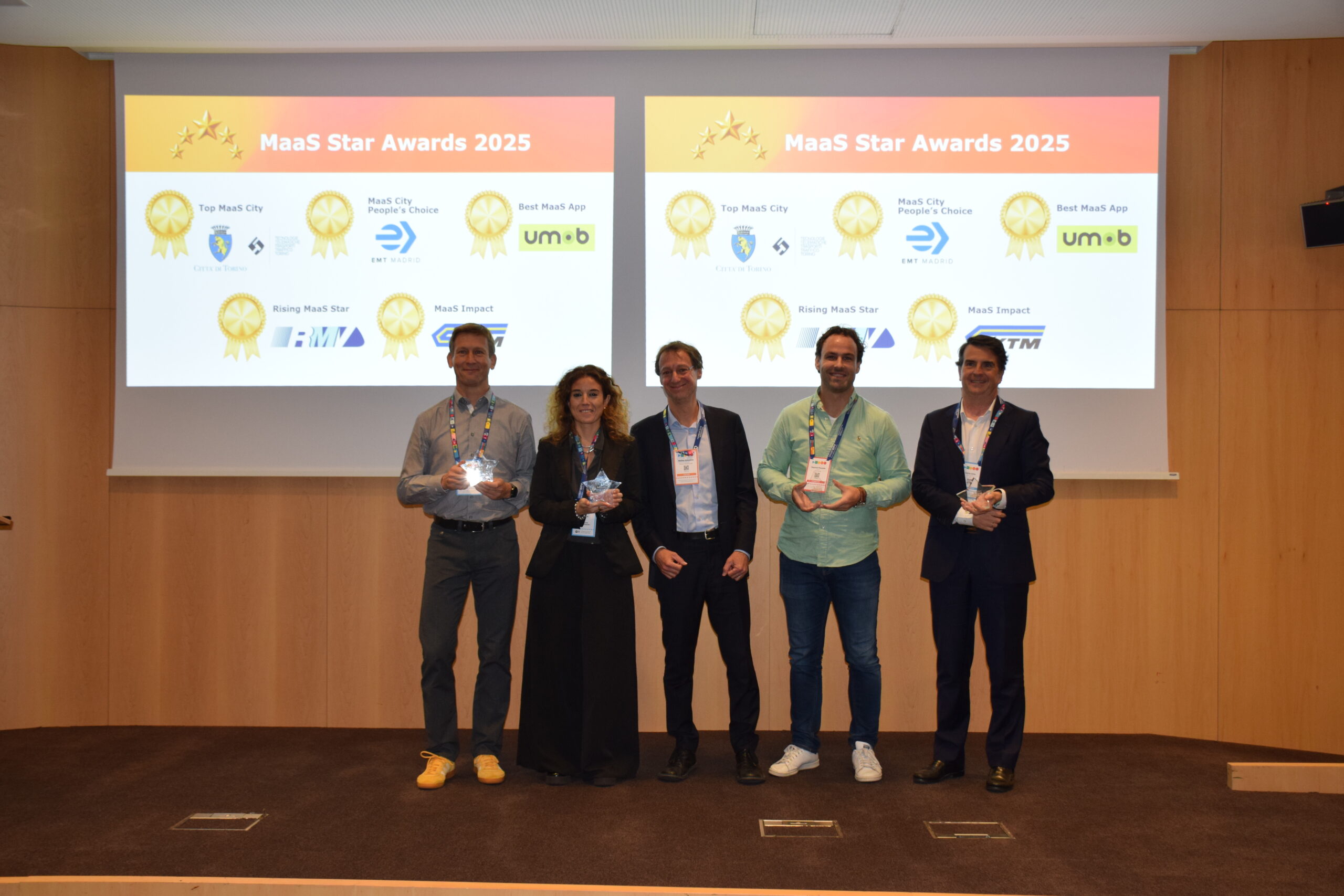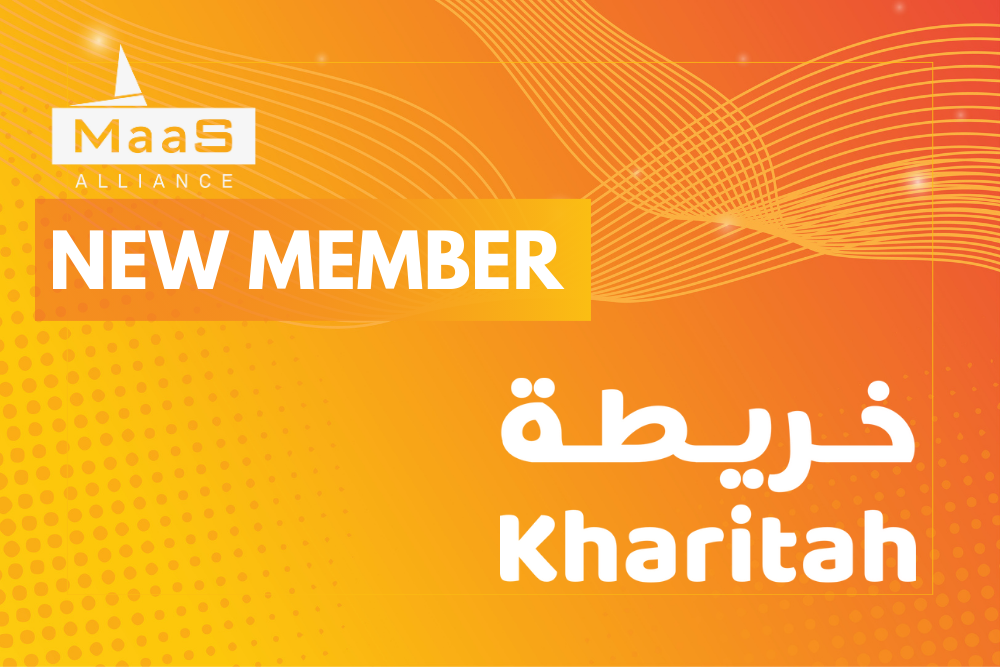
The 10th edition of the MaaS Summit, held on November 7, 2024, during the Smart City Expo World Congress in Barcelona, offered an insightful look into the state of Mobility as a Service (MaaS) and its evolving role in the future of urban mobility. The expanding MaaS landscape is sparking conversations about data sharing, innovation, collaboration, and how best to serve the evolving needs of both riders and providers.
One of the central topics of discussion was the European Commission’s efforts to build a European mobility data space (EMDS), designed to foster mobility roaming, improve interoperability, and enable open data sharing across different transport services. During the Summit, we were honoured to have Kristof Almasy from the European Commission DG CONNECT, who provided valuable insights into this important European digital initiative. The EMDS is seen as vital for unlocking the potential of MaaS by allowing various modes of transport and service providers to exchange data, creating a unified and efficient system seamlessly. As Joost Vantomme, ERTICO CEO and MaaS Alliance Vice President, stated, efforts such as DeployEMDS, NAPCORE, and the MaaS Alliance are interconnected to drive these goals forward, highlighting the importance of coordinated action across the public and private sectors.

Current Trends Shaping MaaS
Several key trends are currently shaping the MaaS ecosystem. Dr Harald Proff, Global Sector Lead for Automotive at Deloitte Consulting GmbH and MaaS Partner, delivered an insightful overview of the current state of MaaS, highlighting the most significant developments and challenges facing the industry today, which include:
Shifting business models: Traditional car companies are diversifying their revenue streams, moving away from solely selling vehicles towards offering shared mobility services. This shift aligns with a growing trend among consumers who are increasingly open to reducing car ownership in favour of shared, flexible transport options. Despite the success of several MaaS initiatives, there is a noticeable lack of harmonisation across different projects. Many MaaS solutions are still siloed, with little alignment between best practices and implementation strategies. This fragmentation is a key challenge in creating a unified and scalable MaaS system.
Fragmentation of MaaS solutions: Despite the success of several MaaS initiatives, there is a noticeable lack of harmonisation across different projects. Many MaaS solutions are still siloed, with little alignment between best practices and implementation strategies. This fragmentation is a key challenge in creating a unified and scalable MaaS system.
Artificial intelligence and data-driven insights: AI and data analytics are playing an increasingly important role in understanding the complexities of MaaS ecosystems. By analysing user behaviour, transport patterns, and operational data, AI can help optimise the integration of various services and provide more personalised, efficient mobility solutions.

Key objectives for advancing MaaS development
As MaaS continues to mature, several objectives emerge for advancing its development. The focus is shifting from merely offering MaaS through mobile apps to creating more comprehensive, integrated experiences. The goal is to nudge people out of their traditional transport habits, encouraging them to embrace multi-modal, sustainable mobility options.
The private sector’s role in MaaS development is expected to expand, with service providers playing a more prominent role in shaping new offerings. Personalised services tailored to individual needs will become increasingly important, ensuring that MaaS platforms can cater to diverse user preferences. Collaboration between public authorities and private companies is crucial for overcoming current barriers and adapting to the fast-evolving landscape. Public-private partnerships are necessary for sharing data, developing infrastructure, and adapting policies to foster MaaS growth.
Optimising mobility marketing for diverse user needs and sustainable solutions
The first panel “Mobility marketing: supply and demand management of the destination to fulfil the need of any user”, moderated by Giovanni Circella from Ghent University, addressed the growing challenge of aligning mobility services with the diverse needs of users. The discussion featured insights from Claudia Falkinger, Co-Founder & Managing Director of POINT&, Michiel Penne, Coordinator of Smart Ways for the City of Antwerpen, and Noemi Moyà Villa, Global Director of Public Affairs and Communications at FREENOW. Together, they explored how mobility marketing strategies can balance supply and demand, particularly as work commuting patterns continue to shift.
The discussion focused on the importance of adapting services to meet the needs of a variety of users, with an emphasis on data-driven decision-making to better understand movement patterns and adjust offerings accordingly. The speakers highlighted that many mobility providers currently fail to fully address the needs of an ageing population and stressed the need for innovation in accessibility, sustainable transport options, and the integration of services like MaaS. A key takeaway from the panel was the crucial role of collaboration, with speakers underscoring the importance of data sharing and integration across mobility providers to optimize services and create more seamless, efficient experiences for all users.

Mobility Framework: Aligning the Mobility Language We Speak to Deploy Better Solutions
The second panel, moderated by Roelof Hellemans, Secretary General of MaaS Alliance, delved into the importance of aligning the “mobility language” to create better solutions for MaaS. The discussion featured contributions from Rosanne Klerx, Community Manager at Nationaal Toegangspunt Mobiliteitsdata (NTM NL), Ruben Goede, Project Leader MaaS & Digital Systems at the Province of Zeeland, Josep Laborda, CEO & Managing Partner at FACTUAL, and Jim Ahtes, Head of Data Space Innovation and Strategy at i2cat.
Data sharing was highlighted as a critical enabler for mobility innovation. However, the panellists emphasized that trust, interoperability, and ensuring tangible benefits for all stakeholders are essential. The challenge lies in standardising data and developing frameworks that enable sharing while avoiding added complexity. A combined bottom-up approach, supported by top-down guidance such as the European mobility data space (EMDS), was identified as key to developing effective, cross-border solutions. Additionally, the panel discussed the need to balance safety and commercial interests, ensuring that data privacy and security are prioritised.

Join the MaaS Alliance for seamless, collaborative solutions
The MaaS Summit serves as a vital platform for MaaS Alliance members to tackle some of the most pressing challenges facing the future of mobility. It is an opportunity to define the steps towards achieving seamless, integrated transportation solutions. The more partners involved, the more comprehensive and inclusive the services will become.
Become a member of the MaaS Alliance
Call for stakeholders who are eager to co-create the foundations for an open MaaS ecosystem and to move towards a world of truly seamless, multimodal and user-centric mobility centred on users’ needs. Together we can build the mobility of the future.
Communication plays a central role in ensuring effective collaboration and addressing the needs of all stakeholders. The Mobility4Users community, supported by MaaS Alliance, provides an open, neutral space for transparent dialogue. Join the community here to be part of these important discussions and contribute to shaping the future of mobility.



